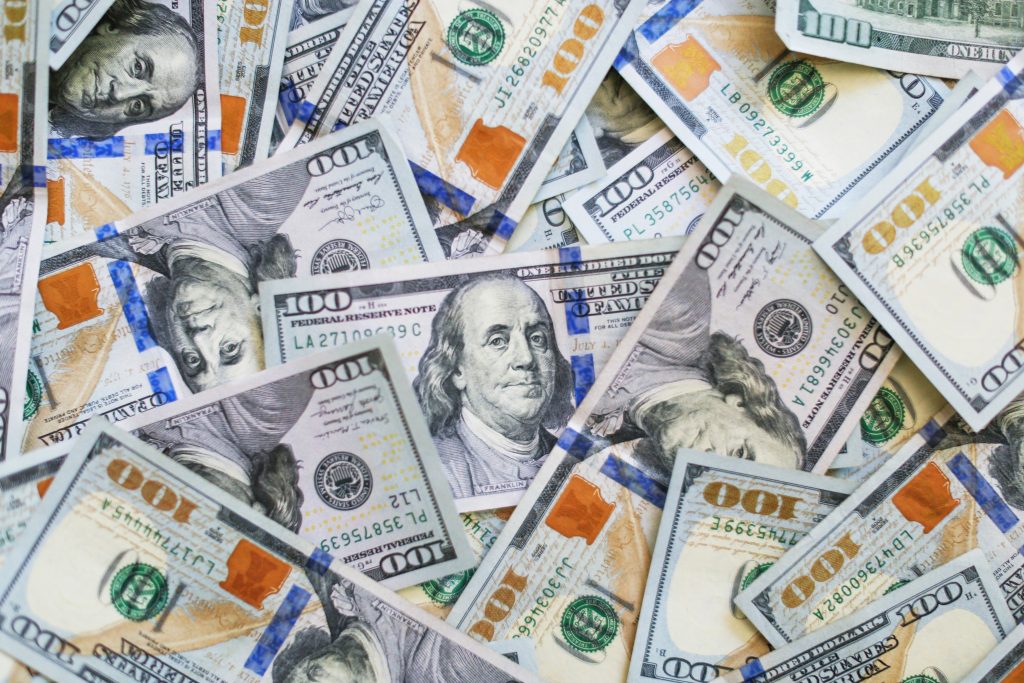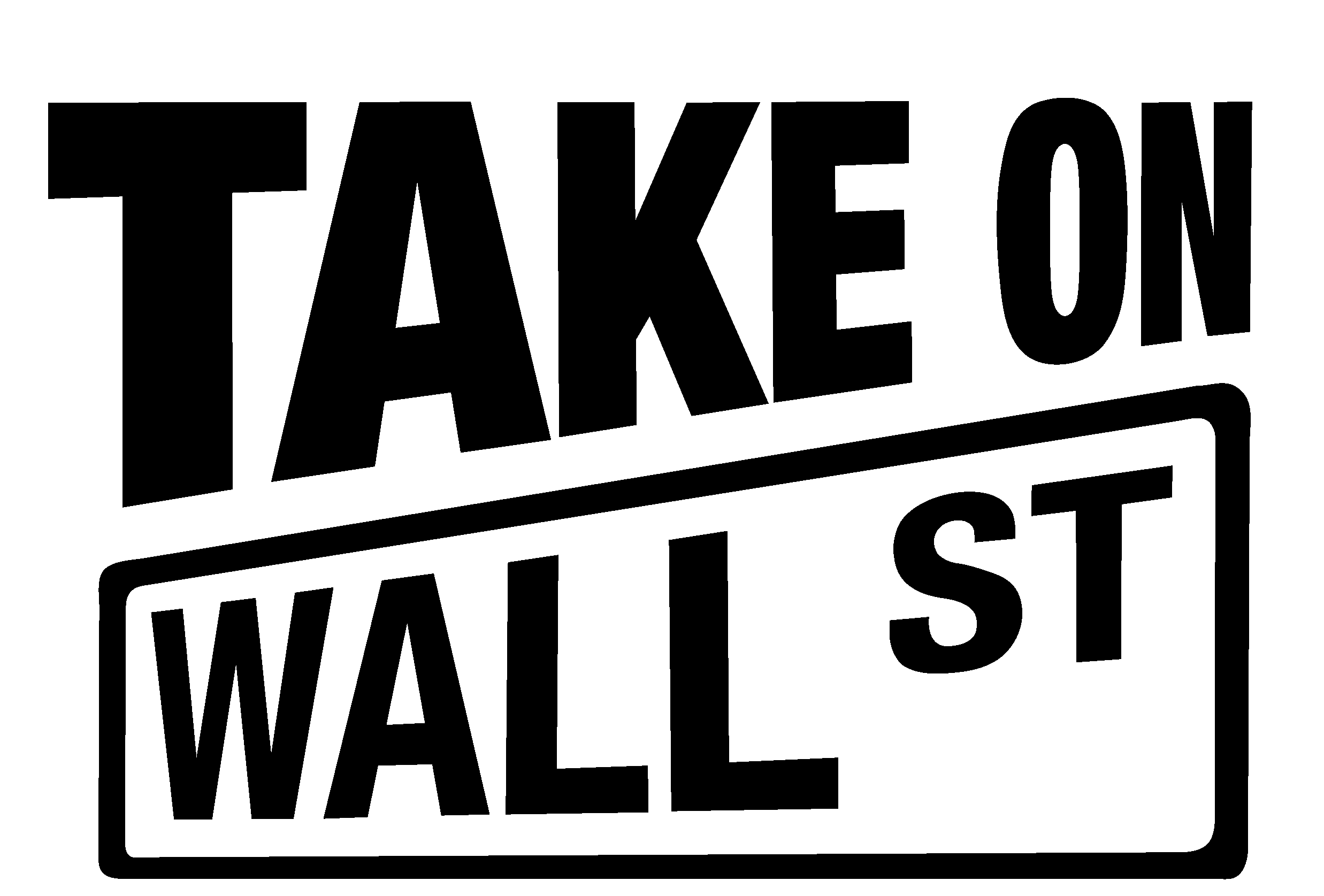
This post is authored by William Pierre-Louis, Jr.
The staggering wealth and unbridled political influence of billionaires, including those from the financial industry, pose a significant threat to our democratic processes. These few individuals can sway elections through unlimited campaign contributions and undermine the principles of fairness, equality, and the people’s will. Urgent and comprehensive reforms are imperative to safeguard the integrity of American elections, curtail the disproportionate role of wealth in politics, and build a truly representative multi-racial democracy.
Underscoring the potent sway of wealth in our democratic processes, a recent report from Americans for Tax Fairness (ATF) revealed how billionaires funneled a staggering amount of money into the 2022 elections.
Billionaires across finance, tech, media, and manufacturing have boosted ideological groups, especially conservatives, while small donors struggle due to rising prices, making megadonors even more important, the New York Times reported. Notably, the ATF report showed a number of billionaires emanating from the financial industry, including Peter Thiel, George Soros, Samuel Bankman-Fried, Michael Bloomberg, Stephen Schwarzman, and the Koch family–particularly David Koch & Charles Koch–made significant financial contributions during the 2022 election cycle..
A New York Times story from November 2022 quotes Kenneth R. Mayer, campaign finance expert and political scientist at the University of Wisconsin, asking, “Is this consistent with democratic — ‘little d’ — principles when you have billionaires dropping millions of dollars and they are having such an effect?”
The short answer is: unlimited and unregulated spending in elections is bad for democracy. Because eventually, super-wealthy donors can use their economic power to influence the process by funding candidates who serve their interests, a 2022 ATF report showed.
Billionaire spending in elections poses a danger of partisan favoritism and policy agenda manipulation, potentially sidelining broader societal needs. Their contributions are closely tied to ideological political action committees and candidates who support policies benefiting the wealthy, as demonstrated by a 2014 study by political scientists at Northwestern University.
Wealthy individuals influence political campaigns financially by strategically aligning their contributions with parties or candidates that can further their agenda. During the 2022 midterms, George Soros donated over $128 million to the Democratic Party — primarily directing around $125 million to Democracy PAC II – a political action committee (PAC). Additionally, Richard Uihlein, a top private company owner, and his wife, contributed together over $67 million to Republican candidates. While Ken Griffin, a significant Wall Street donor in the 2022 midterms, has contributed over $100 million to state and federal candidates since April 2021, campaign finance records showed.
“What we see basically is a class of people who have more money than God, who are very politically active in relatively unknown ways and who we have reasons to believe have been politically influential and have used their political influence in ways that don’t really serve the interests or preferences of what most Americans want,” Matthew Lacombe, political scientist at Northeastern University told the New York Times.
The uncontrolled spending in politics distorts American democracy by exploiting the country’s broken campaign finance system. The 2010 Supreme Court’s landmark ruling in the Citizens United v. Federal Election Commission case, which granted corporations the same rights as individuals and effectively equated money with speech, has paved the way for a flawed electoral system filled with loopholes that affluent individuals exploit to their advantage.
According to Americans for Tax Fairness, the erosion of campaign-finance regulations since the Court’s infamous ruling has facilitated the seamless transformation of tycoons’ economic influence into political power. Additionally, their net worth soared by 58 percent to $4.7 trillion during the pandemic, giving them substantial resources to influence elections.
Alongside direct campaign contributions, Billionaires maintain their weight in the American electoral process through dark money, where anonymous political donations are funneled through corporations, nonprofit organizations, trade associations, and other groups such as Super PACs, allowing them to conceal the origin of the cash. In 2022, nearly 80 percent of billionaire cash, totaling $782 million, flowed into outside campaign groups, predominantly Super PACs, the 2023 ATF report states. These groups, unrestricted in fundraising from individual donors, utilized independent expenditures to either support or oppose specific candidates.
For example, the 2020 elections experienced an unprecedented surge of “dark money,” amounting to $1.05 billion, with undisclosed origins, per a 2021 report by OpenSecrets. This influx of funds from undisclosed sources constituted approximately one in seven dollars that financed these elections, as tracking industry dark money remains challenging.
Today, individuals of substantial financial means persist in using their wealth to influence elections, frequently channeling undisclosed amounts of money that evade traceability. During the 2022 elections, prominent conservative lawyer Leonard Leo’s newly established organization, Marble Freedom Trust, received a $1.6 billion donation, the largest publicly disclosed for a politically focused nonprofit, CNN reported. Funneling over $200 million to other conservative organizations, the organization operates within a network of right-wing nonprofits, including dark money groups, advancing conservatives’ interests.
Billionaires from the financial industry effectively hold sway over elections through their staggering campaign contributions. This flagrant power imbalance, which sidelines the perspectives of regular working-class individuals, underscores the critical necessity for comprehensive reforms. These reforms are essential to restore fairness, transparency, and the fundamental principles of democratic governance, ensuring that the concerns of everyday people are not overlooked. We must respond with urgency and commitment, rallying for sweeping reforms to restore fairness, transparency, and equal representation in our electoral system.

Leave a Reply